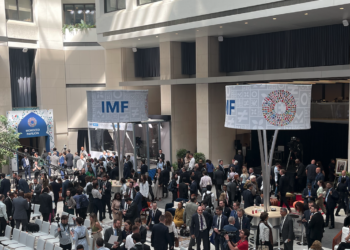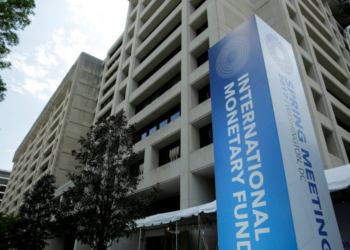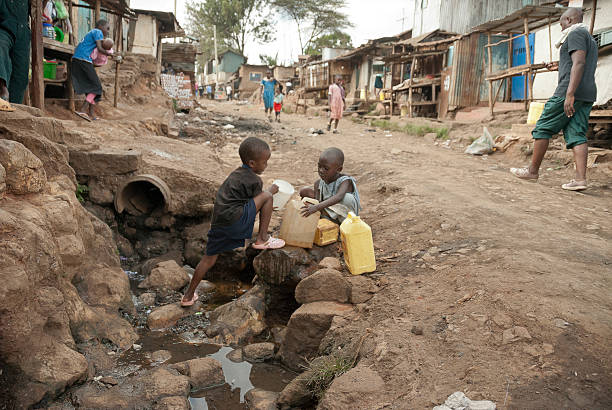Nigeria’s projected GDP growth for 2022 has been lowered by the International Monetary Fund (IMF) from 3.4% to 3% due to Nigeria’s weak oil production and the heavy impact of flooding.
This was disclosed in the 2022 Article IV Consultation statement by the IMF following the conclusion of an official staff visit to Nigeria.
In the statement, the IMF also projected a massive economic slowdown for the country, causing GDP growth to slow to 3%. Part of the statement said:
- “Output growth at 3.4 per cent (y/y) in 2022Q2 marked the seventh consecutive quarter of growth driven by various services sectors, especially information technology, trade, and finance.”
Reason for the slowdown: According to the multilateral lender, Nigeria’s oil production has been declining since the middle of 2020 due to low investment and significant leakages brought on by poor maintenance and theft.
Despite Nigeria’s limited direct involvement, the conflict in Ukraine has affected domestic food prices, with headline inflation reaching a 17-year high of 21.1 per cent (y/y) in October 2022. High levels of food insecurity exacerbate the pandemic’s disfiguring effects on the weak.
- “The slowdown in growth reflects year-to-date weaknesses in oil production and the adverse effects of recent flooding. Supported by the authorities’ measures to curb ongoing oil theft and considering new production coming on stream, a protracted recovery in the oil sector is projected to begin late this year.”
- “The effects of recent flooding and high fertiliser prices could become more entrenched, impacting both agricultural production and food prices in 2023 negatively. Similarly, further volatility in the parallel market exchange rate and continued dependence on central bank financing of the budget deficit could exacerbate price pressures,” the IMF explained.
Risks for the oil sector: The IMF stated that in the medium term, there are possible downside risks to the oil sector from possible price and production volatility. At the same time, climate-related natural disasters pose downside risks to agriculture. There are also upside risks from a more robust rebound in oil production, investment in the gas sector and the Dangote refinery coming onstream with a large production capacity.





















Am interested
Im interested as a fashion fabric teacher in high school or colleges
I like norway I want to work in norway.
I am interested
I’m interested in work visa
I am interested I am a heavy machine operator with many years experience.